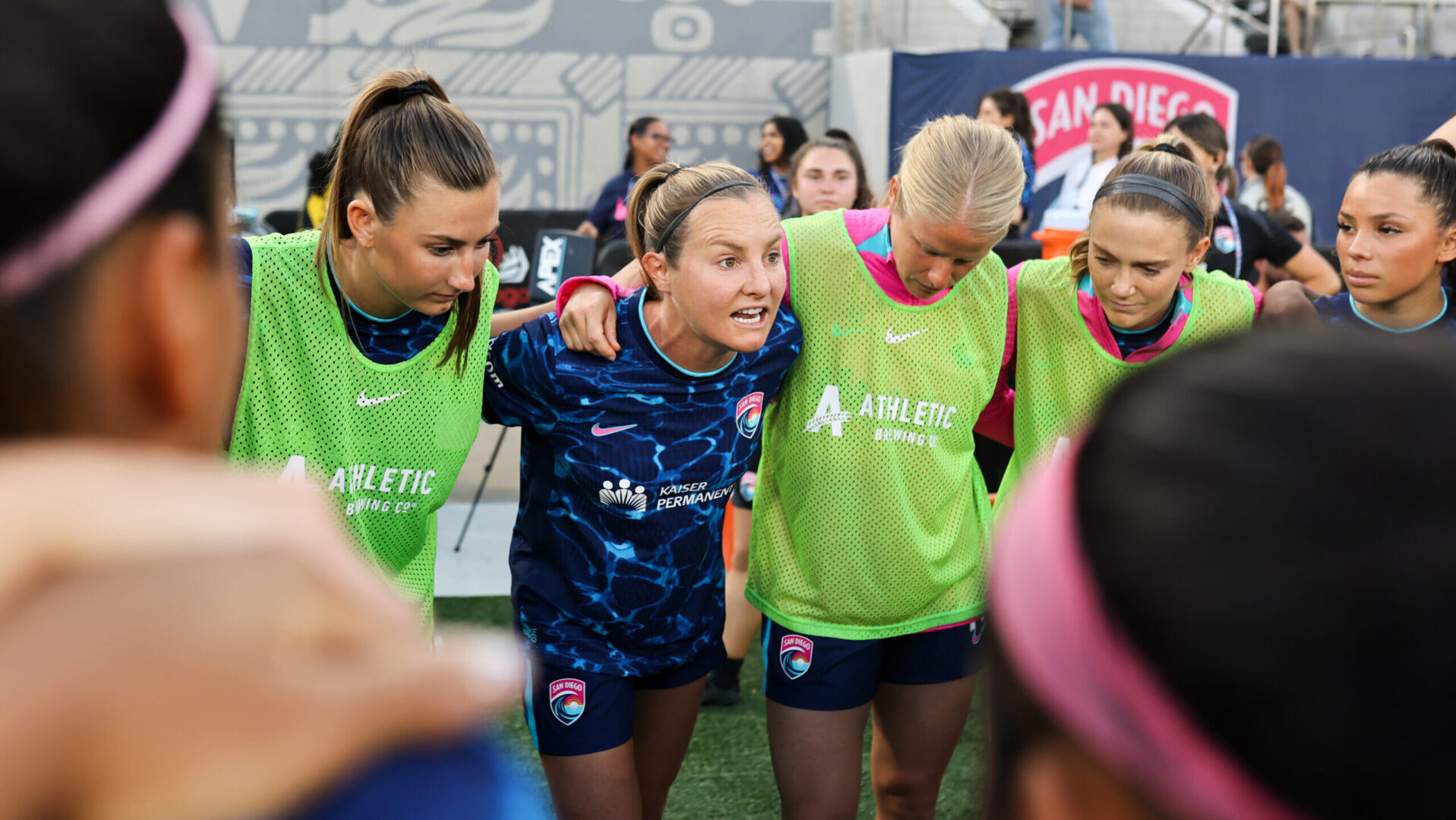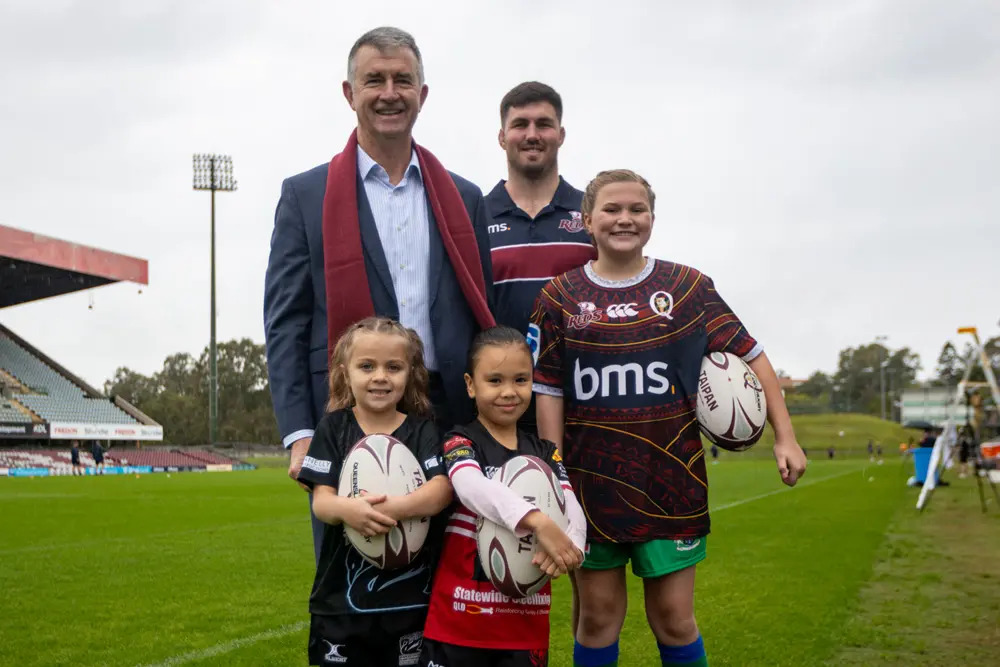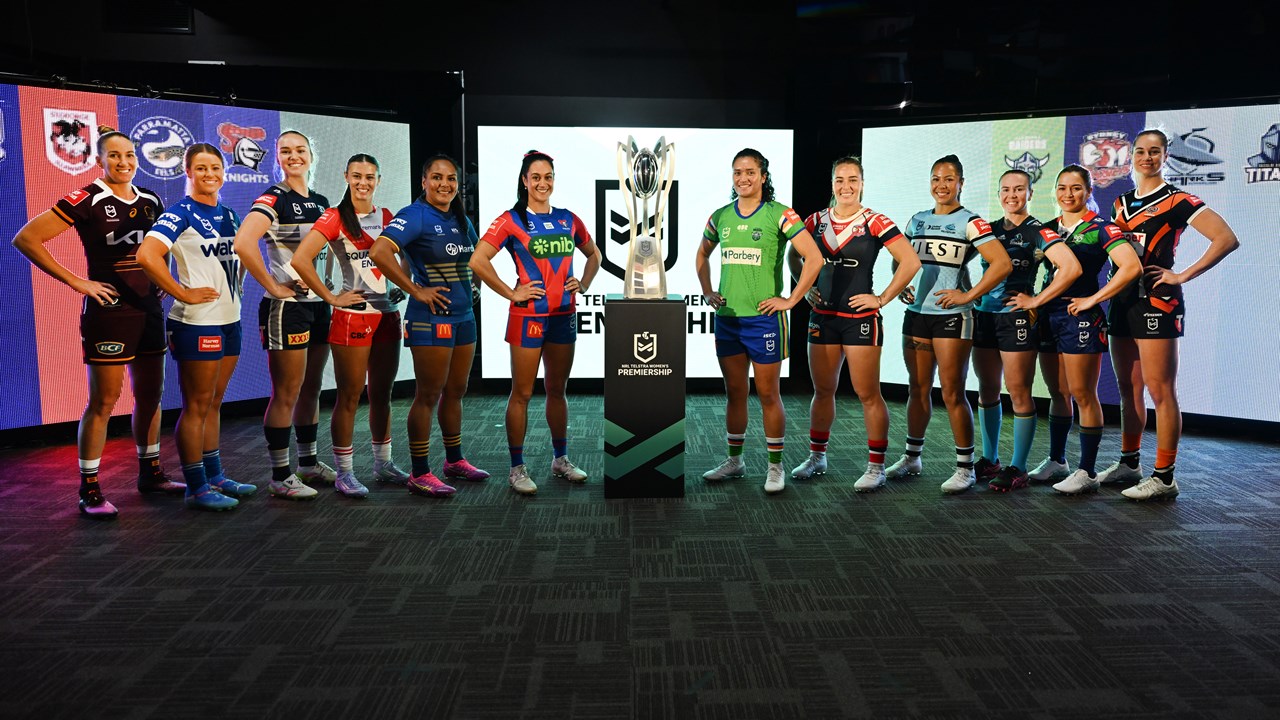Fremantle Dockers and Woodside Extend Sponsorship Amid Climate Controversy

In a move that comes after months of negotiations and amidst mounting pressure from climate advocacy groups, the Fremantle Dockers have renewed their sponsorship deal with Woodside Energy for an additional two years.
The announcement, made on Wednesday, has sparked both support and criticism, particularly from climate activists urging the Dockers to sever their ties with Woodside, a major fossil fuel company.
Dale Alcock, the president of the Fremantle Dockers, expressed gratitude for Woodside’s steadfast support over more than a decade, emphasising Woodside’s role in providing strength and stability.
“A clear example of this is the support Woodside provided through the pandemic when we faced great uncertainty. They were there when we needed them most,” he said.
He credited Woodside for aiding in the establishment of the club’s first women’s program in 2017 and helping develop their reconciliation action plan. Alcock also commended the company for its efforts to combat climate change.
The controversy surrounding this sponsorship was highlighted by a petition with over 8,000 signatures, presented to Alcock and the club in July, urging them to terminate the agreement due to Woodside’s continued involvement in fossil fuel projects amidst global climate concerns.
Adding to the debate, Senator David Pocock, a former Wallabies test captain, called on the club’s leadership to seek an alternative major sponsor due to Woodside’s engagement in carbon-intensive projects.
“Fossil fuel companies, like Woodside and Santos, are expanding their operations, with no credible plans to decarbonise, while buying social licence by sponsoring sport,” the former Wallaby wrote on X, formerly Twitter.
“They’re betting on us not taking climate action, threatening the very sports they sponsor”.
Adam Bandt, the leader of the Greens, described the deal as a “disappointing free kick to the fossil fuel industry”.
While the two-year extension is shorter than previous agreements, Alcock stressed that it was based on the positive 13-year relationship between the two entities. He emphasised their shared commitment to addressing complex challenges such as climate change and praised Woodside’s contributions to the energy transition while ensuring a stable energy supply for Western Australian households and businesses.
Alcock concluded by expressing the club’s anticipation of collaborating closely with Woodside as they play a crucial role in the energy transition, acknowledging Woodside’s commitment to the club and their continued journey together.
Woodside’s CEO, Meg O’Neill, reaffirmed the company’s dedication to supporting the Dockers’ reconciliation efforts and emphasised their commitment to partnerships that enhance the well-being of their communities.
“We are committed to partnerships that will strengthen the health, education and well-being of the places where we live and work. Our renewed partnership with the Dockers will make a genuine difference to communities in Western Australia,” she said.
“As we move forward in the energy transition, partnerships with organisations such as the Dockers who prioritise sustainable outcomes will be critical.”
“We are proud to work with the Dockers as we all focus on a lower carbon, equitable and sustainable energy future.”
Sophie McNeill, a Greenpeace campaigner representing members who advocated for ending the sponsorship deal, expressed disappointment in the Dockers’ decision. McNeill emphasised the broader implications of this choice, asserting that it transcends football and raises questions about motives behind this deal.
“This is a sad day in Freo’s history,” she stated. “This is about more than football, it’s about being on the right side of history and Freo have failed that test.”
According to McNeill, Woodside’s reputation as a climate-wrecking company poses a risk to the club’s image, and while some within the Dockers were exploring other sponsorship options, Woodside’s offer, with more funding and a shorter contract, ultimately secured the deal.
McNeill concluded by suggesting that Woodside’s sponsorship deals were primarily aimed at bolstering their image in Western Australia, alluding to the company’s attempts to portray itself as environmentally responsible while pursuing projects with significant environmental consequences.
It's free to join the team!
Join the most engaged community in the Sports Business World.
Get all the latest news, insights, data, education and event updates.






